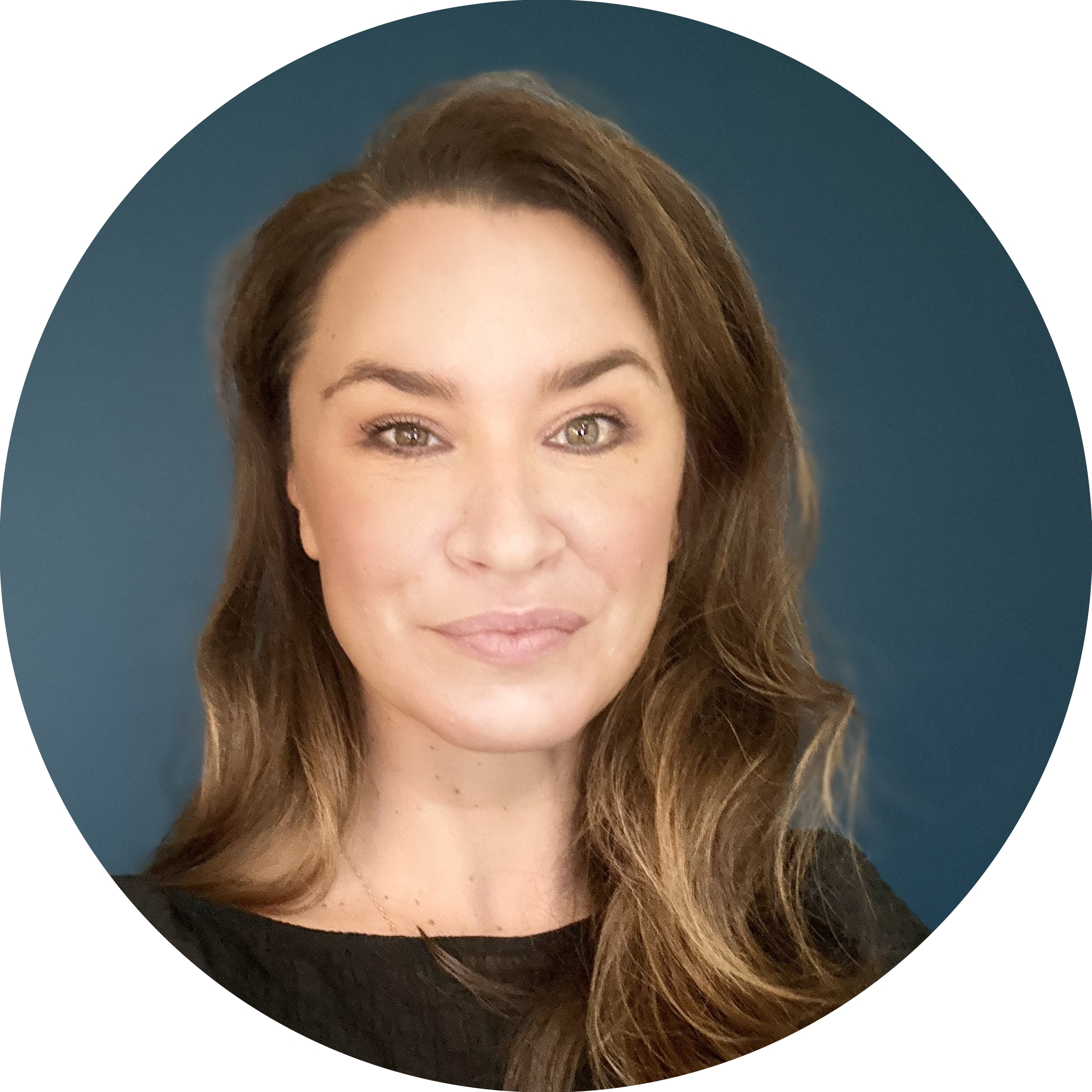
“When we connect and standardise research infrastructure across institutions, we move from isolated efforts to a collective force."
A/Prof Kimberley Alexander, Chris O'Brien Lifehouse
Associate Professor Kimberley Alexander gets straight to the point about brain cancer research infrastructure: “It’s not very sexy, but absolutely vital.”
As Director of Brain Cancer Research at Chris O’Brien Lifehouse and a member of Brain Cancer Australia’s National Consortium, Kim is helping to build the foundations that accelerate the pace of discovery.
“When we connect and standardise research infrastructure across institutions, we move from isolated efforts to a collective force — one capable of discoveries that can genuinely change lives.”
Kim co-leads the Sydney Brain Tumour Bank, which houses tumour tissue, living cells and biospecimens from more than 1,300 patients. The Bank is part of Brain Cancer Australia’s national network of 20 biobanks, supported by a Medical Research Future Fund infrastructure grant to connect collections and standardise systems across the country.
“People often don’t realise how critical research infrastructure is until they need it,” she says. “High-quality biospecimens linked with clinical information are the foundation of scientific discovery. They’re essential for understanding how tumours spread, evolve and resist treatment — and for developing better therapies.”
The Sydney Brain Tumour Bank also supports Kim’s own research into faster, less-invasive diagnostics. Her team is developing blood and urine tests that can detect and predict outcomes for people with glioblastoma — bringing her closer to her dream “to invent a cancer-detecting toilet.”
Kim says glioblastoma is an extraordinarily complex disease. “Its diversity is staggering — it adapts, evolves and resists treatment. But understanding that complexity is also where the opportunity lies. Behind every discovery are people and systems that need support. If we want breakthroughs, we must fund and build the foundations that make them happen.”



